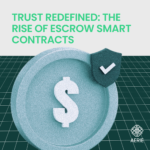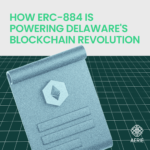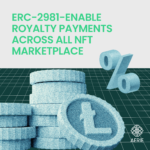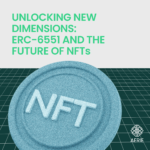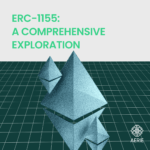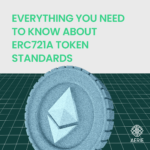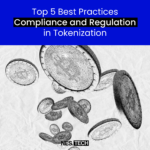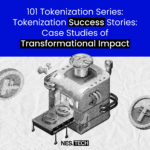How Tokenization Democratizes Investment Opportunities
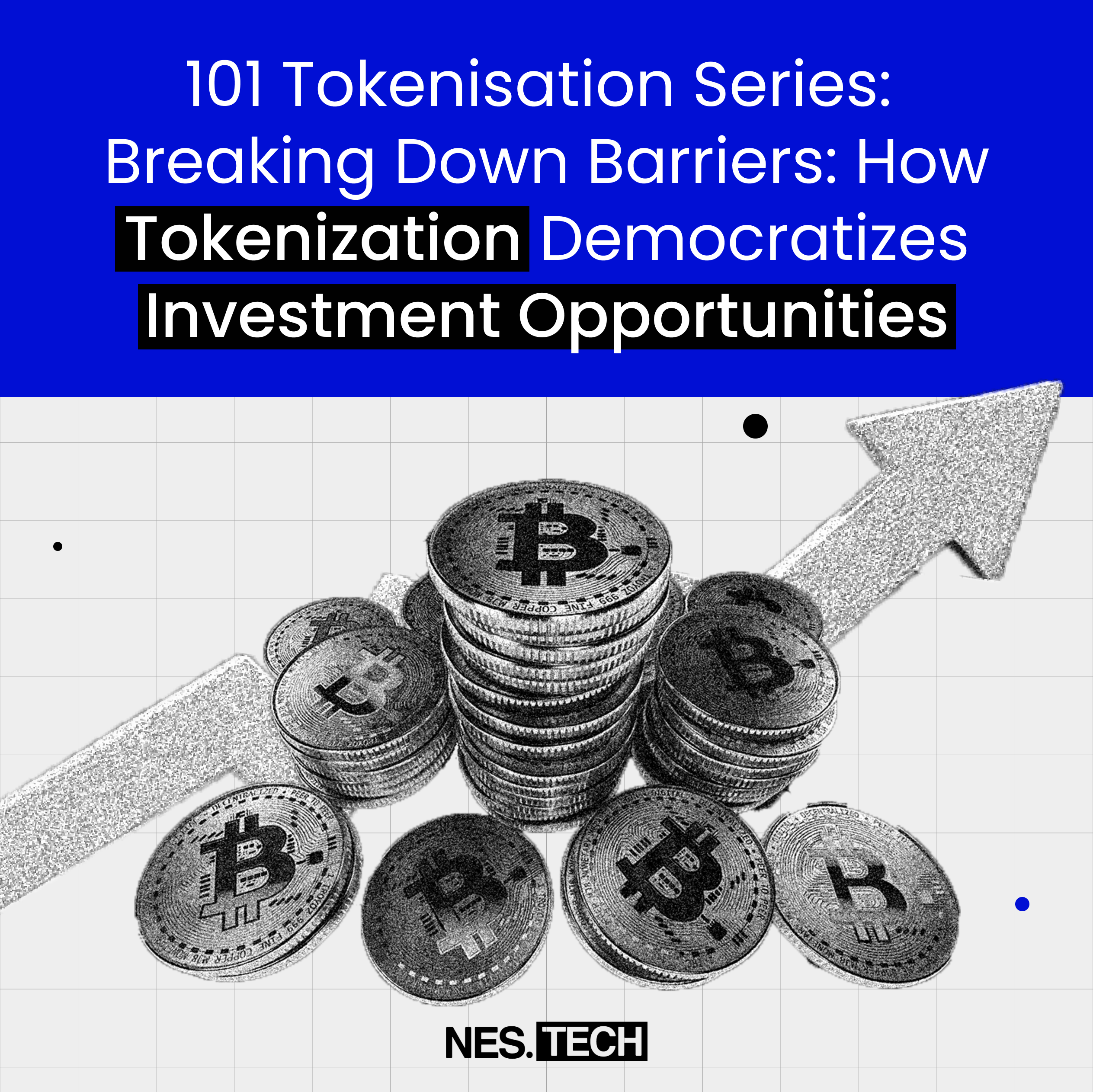
In the ever-evolving landscape of finance, tokenization is gaining momentum. This transformative process involves converting traditional assets into digital tokens on a blockchain, creating new opportunities for investors. This article explores how tokenization is democratizing investment opportunities, breaking down barriers, and reshaping the financial landscape.
Understanding Democratized Access to Investments:
Tokenization opens up investment opportunities to a wider audience by fractionalizing traditionally high-value assets. Investors no longer need substantial capital to enter markets such as real estate or venture capital. Fractional ownership allows individuals to purchase a share of an asset, making it accessible to a broader demographic.
Use Cases in Real Estate:
Real estate, historically known for its high entry barriers, has seen significant disruption through tokenization. Platforms are now enabling fractional ownership of real estate, allowing investors to own a piece of a property, receive rental income, and participate in property appreciation. This democratization of real estate investment empowers individuals to diversify their portfolios without the need for significant capital.
Art and Collectibles:
Tokenization extends beyond traditional financial assets to include unique markets like art and collectibles. Art enthusiasts and investors can now buy fractionalized shares of valuable artworks, making art investment accessible to a broader audience. Maecenas and CurioInvest are examples of platforms bringing democratization to the art investment landscape.
Venture Capital and Startups:
Startups seeking funding have also embraced tokenization. Security Token Offerings (STOs) provide a regulated and transparent way for companies to raise capital by offering digital securities. This approach allows a wider range of investors to participate in funding innovative projects, promoting inclusivity in the startup ecosystem.
Tokenized Commodities:
Commodities, such as precious metals and agricultural products, are being tokenized to enhance liquidity and accessibility. With tokenization, investors can trade fractions of commodities on blockchain platforms, reducing the barriers to entry for retail investors. This democratization ensures that commodity markets are not dominated solely by institutional players.
Enhanced Liquidity and 24/7 Markets:
One of the key advantages of tokenization is the increased liquidity it brings to traditionally illiquid assets. Tokenized assets can be traded on blockchain-based platforms 24/7, providing investors with flexibility and reducing the dependency on traditional market hours. This enhanced liquidity benefits both issuers and investors, contributing to a more efficient market.
Reducing Intermediaries and Costs:
Tokenization streamlines the investment process by eliminating intermediaries and reducing associated costs. Smart contracts on blockchain automate many functions, such as asset transfer, dividend distribution, and compliance, reducing the need for intermediaries like brokers and custodians. This cost efficiency benefits both issuers and investors, making investment opportunities more attractive.
Regulatory Considerations:
As tokenization gains traction, regulators are working to establish frameworks to ensure investor protection and market integrity. Regulatory clarity is essential for the continued growth and acceptance of tokenized assets. Collaborative efforts between the industry and regulatory bodies are crucial to strike a balance between innovation and investor safeguards.
Challenges and Future Outlook:
While tokenization presents numerous benefits, challenges such as regulatory uncertainties, standardization, and market acceptance still need to be addressed. However, as the technology matures and regulatory frameworks evolve, the future of tokenization appears promising. The continued adoption of blockchain and the integration of tokenized assets into traditional financial systems will likely reshape the investment landscape.
Conclusion:
Tokenization is a powerful force democratizing investment opportunities across various industries. By breaking down traditional barriers, this transformative process enables a broader audience to access and invest in assets that were once exclusive to a select few. As tokenization continues to evolve and gain acceptance, it has the potential to reshape the financial landscape, making it more inclusive, efficient, and transparent for investors worldwide.

